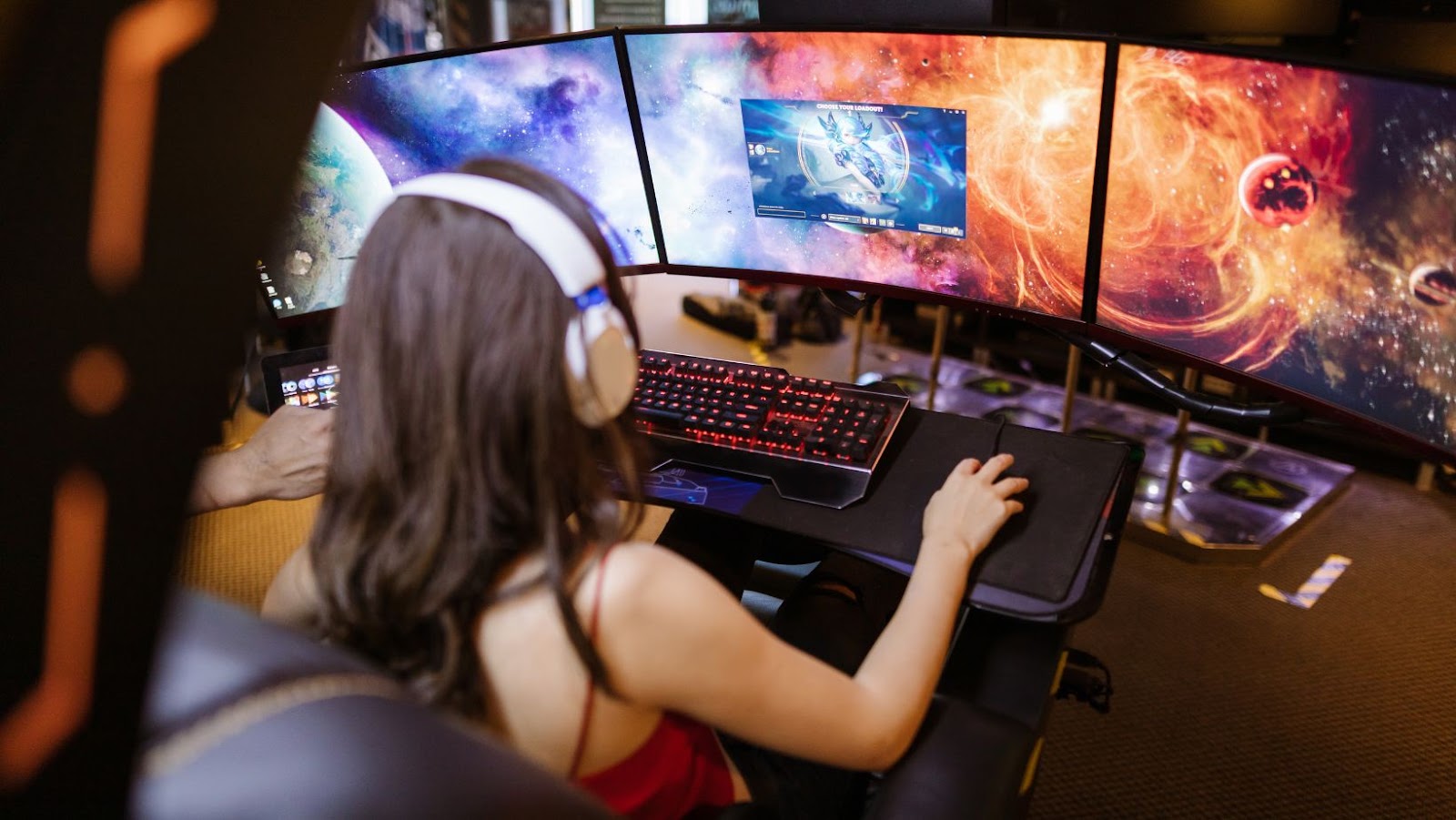 What is the Future of Video Games
What is the Future of Video Games
A profound influence shaping future of video games, gamification integrates game mechanics into non-game scenarios. Examples include points, badges, leaderboards, and progressive goal achievement incorporated into learning platforms or business applications. The goal, often achieved, consists of enhancing user engagement and fostering a competitive atmosphere. Gamified elements have seen adoption across various sectors. Industries such as education, health, and business, see an improvement in engagement levels when game elements take center stage.
What is the Future of Video Games? Another pivotal determinant in the gaming future, the revolution of cloud gaming, brings gaming to the masses. The need for expensive hardware significantly reduces, as games are streamed directly from cloud servers. Popular examples include Google’s Stadia and NVIDIA’s GeForce Now. This trend democratizes access to high-quality games, rendering physical location and local storage obsolete. In essence, cloud gaming enables even those with low-end hardware to enjoy graphics-intensive games, provided they’ve got a robust internet connection.
Virtual and Augmented Reality have transformed the gaming landscape dramatically. They project interactive 3D game environments, creating a sensory gaming experience not possible with traditional 2D platforms. Grabbing a virtual tool, interacting with game elements, and enjoying a 360-degree view of the game-world, users experience a level of immersion unmatched by other forms of gaming. Games like Beat Saber, Pokemon Go, and Half Life: Alyx exemplify the new dynamic interactive experiences these technologies offer.
The application of VR and AR extends beyond pure entertainment. These technologies offer a range of applications from education to rehabilitation. Take, for instance, the game “Sea Hero Quest” which aids dementia research. By tracking a player’s spatial navigation abilities, scientists garner valuable data to understand the early signs of dementia.
 Artificial Intelligence and the Future of Video Gaming
Artificial Intelligence and the Future of Video Gaming
What is the Future of Video Games? Continuing on the technological influence in the gaming arena, Artificial Intelligence (AI) leads as a significant player. AI, coupled with machine learning, shapes the future of video gaming by aiding in development and personalization.
In the realm of game development, AI’s role is paramount. It aids in creating complex gaming environments that are responsive and adaptive. Games like ‘Alien: Isolation’ showcase AI’s ability to craft unpredictable gaming experiences. The machine learning algorithms allow the in-game Alien to learn, adapt, and react to the player’s actions, instilling a real fear of the unknown.
In addition, machine learning algorithms can analyze vast amounts of data to identify patterns and trends. This analysis allows developers to understand player behavior better, helping them to make games more engaging and captivating. An example is ‘DotA 2,’ where AI, developed by OpenAI, learned to play the game on par with some of the best human players, after parsing tons of gameplay data.
AI helps carve personal and unique gaming experiences. It expands games’ capacity to adapt in real-time to players’ behavior and decisions. This adaptability translates to NPCs (Non-Player Characters) that react more realistically to player actions or gaming environments that change dynamically based on the decisions made.
The game “Middle Earth: Shadow of Mordor” uses AI in its Nemesis System, allowing enemies to remember their interactions with the player and respond accordingly in their subsequent encounters. This creates a personalized experience as players face the consequences of their actions throughout the gameplay. Thus, AI shapes the future of video gaming, pushing it towards higher levels of immersion and interactivity.
 The Impact of 5G on Online Gaming
The Impact of 5G on Online Gaming
What is the Future of Video Games? Pivotal in the shift toward future gaming, 5G presents rapid speed and lower latency. These improvements mean players can engage in intense, action-packed games with significantly reduced lag. For example, Epic Games’ Fortnite, with its demanding graphics and real-time multiplayer interaction, benefits greatly from the boost in speed and responsiveness provided by 5G. This faster, smoother gaming environment elevates the player experience, paving the way for even more immersive and complex video games.
5G also has a profound impact on multiplayer games, bolstering their development and popularity. With its exceptional speed and connectivity, 5G supports the seamless exchange of data between players, crucial for co-op gameplay and esports. League of Legends, a popular online game with a massive competitive scene, exemplifies the potential benefit of 5G technology. The high-speed, real-time communication that 5G affords vastly improves overall game latency – critical for esports where even milliseconds matter. As such, 5G has the potential to transform not only the gaming experience but the competitive landscape as well.